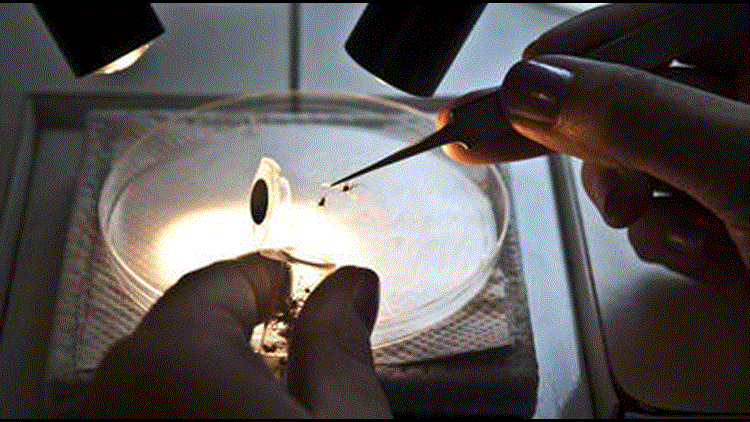STAMFORD -- Mosquitoes in Stamford have tested positive for West Nile Virus, the Connecticut Agricultural Experiment Station announced Friday.
The mosquitoes were trapped on July 6 and were the first WNV positive mosquitoes identified in the state. All mosquitoes collected in the state have tested negative for Zika virus.
"The West Nile virus season has started," said Dr. Philip Armstrong, Medical Entomologist at the CAES. "Early- to mid-July is when we typically first detect WNV infection in mosquitoes and we anticipate further build-up of the virus from now through September."
“This serves as a reminder for people to take steps to protect themselves from mosquito bites,” said Dr. Theodore Andreadis, Director of the CAES. “Although there is much concern about the possible introduction of Zika virus, we should not lose sight of mosquito-borne diseases like WNV that are already established in Connecticut and reemerge every summer.”
To reduce the risk of being bitten by mosquitoes residents should:
- Minimize time spent outdoors between dusk and dawn when mosquitoes are most active.
- Be sure door and window screens are tight-fitting and in good repair.
- Wear shoes, socks, long pants, and a long-sleeved shirt when outdoors for long periods of time, or when mosquitoes are more active. Clothing should be light colored and made of tightly woven materials that keep mosquitoes away from the skin.
- Use mosquito netting when sleeping outdoors or in an unscreened structure and to protect small babies when outdoors.
- Consider the use of mosquito repellent, according to directions, when it is necessary to be outdoors.
West Nile virus has been detected in the state every year since 1999, according to the CAES.
In 2015, WNV was detected in mosquitoes collected at trap sites in 24 towns. 10 confirmed human cases were reported in Bridgeport (6), Fairfield (1), Milford (1), New Haven (1), and Shelton (1).
For information on WNV and other mosquito-borne viruses and how to prevent mosquito bites, visit the Connecticut Mosquito Management Program website.



